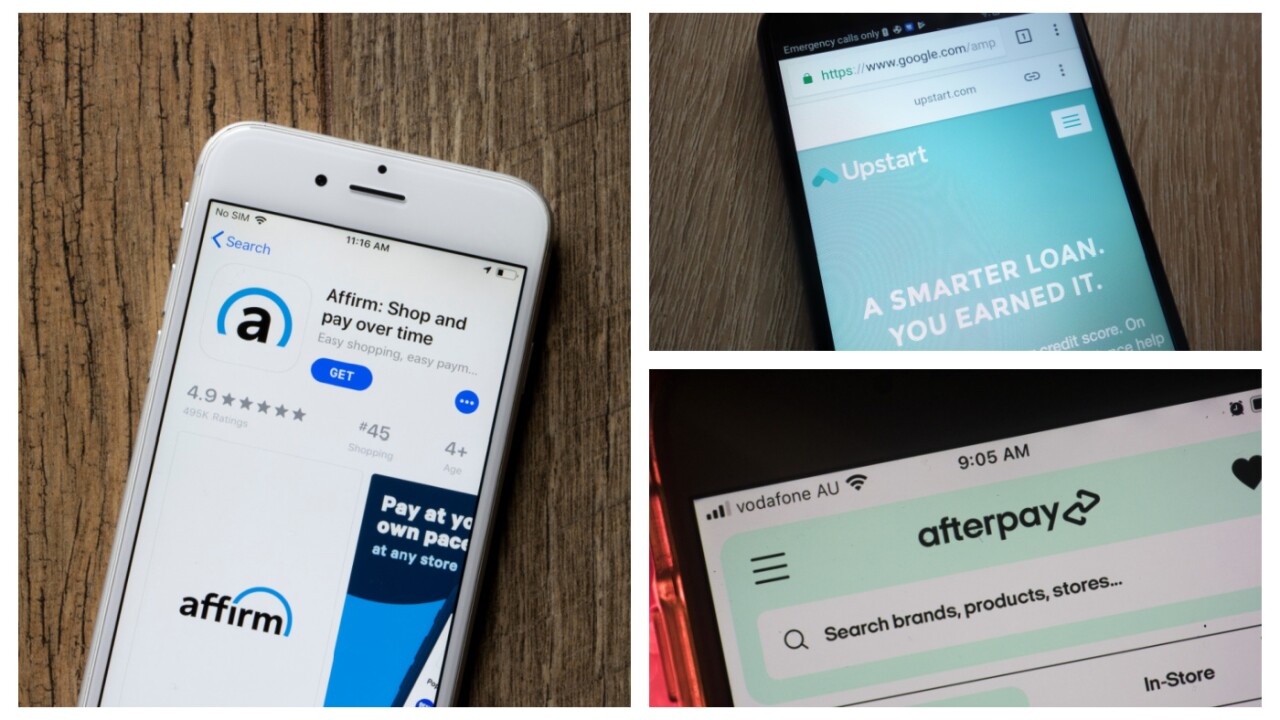-
In markets such as India, China, the United Arab Emirates and Brazil, more consumers and merchants are testing or deploying facial recognition as a way to authenticate transactions.
August 8 -
It will be a bitter pill for some in the crypto world, but strong regulation of stablecoins is necessary to maintain the dollar's status as the world's reserve currency.
August 8 Anchorage Digital
Anchorage Digital -
Goldman Sachs Group has extended a $150 million credit line to the Mexican startup Clara, which lends to corporations and helps manage their spending, the latest Latin American fintech to receive support from the New York-based banking giant.
August 8 -
Loomis, Sayles & Co. sued Citigroup, alleging the bank caused more than $70 million in losses while executing two separate trading orders that swamped the market.
August 8 -
Late-payment rates are rising at nonbanks that lend to people with lower credit scores. "We're probably entering a stretch where you're going to see a separation between those that are relatively good underwriters and those that are not," one analyst said.
August 7 -
Thomas Prame is leaving Old National Bancorp, which recently merged with his former employer First Midwest Bancorp, to join a smaller rival with aggressive growth plans.
August 5 -
An outage with the issuer's bill payment site unleashed a torrent of complaints on social media and to the Consumer Financial Protection Bureau — even after the company said it had resolved the issue.
August 5 -
A federal judge in New York vacated the guilty plea of a former Deutsche Bank trader who admitted to conspiring with others to manipulate the Libor interest rate benchmark, after an appeals court overturned the convictions of two of his ex-colleagues earlier this year.
August 5 -
Two laws signed Friday by President Biden extend the statute of limitations for fraud cases involving pandemic-relief programs. One of them would have a particular impact on Paycheck Protection Program loans made by nonbanks.
August 5 -
A vast majority of IT leaders at banks want to ditch passwords for something better and safer, and many tech vendors are moving in that direction already. But it's easier said than done.
August 5








